
The central portion of the retina directly opposite the lens is called the macula. It enables us to see fine detail and color. In macular degeneration, the light sensing cells of the macula malfunction and may over time stop working.
Macular degeneration occurs most often in people over 60yrs old, in which case it is called Age-Related Macular Degeneration (ARMD). Less commonly, several hereditary forms of macular degeneration, can affect children or teenagers.
With increased longevity worldwide, macular degeneration is the leading cause of blindness. A study done by National Eye Institute showed that one out of five people between the ages of 65 to 74. One of three people over age 75 in this country will suffer some visual impairment due to Macular Degeneration.
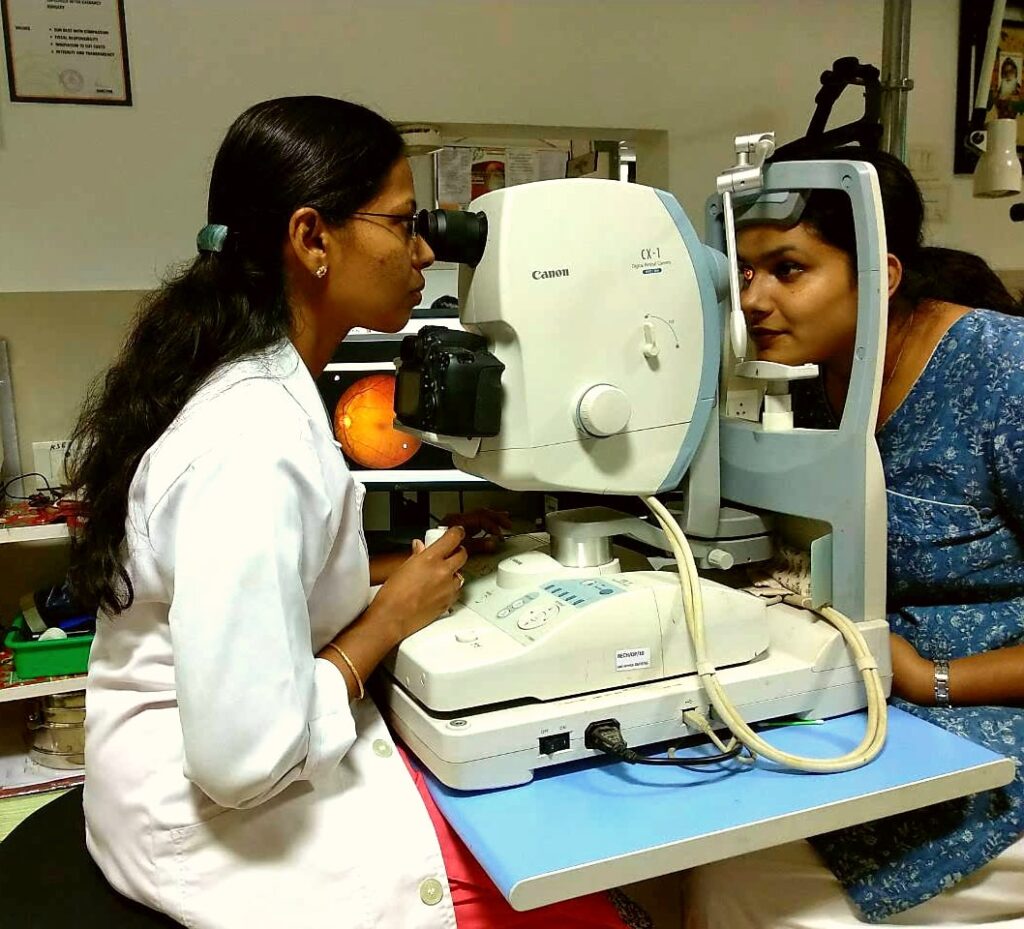
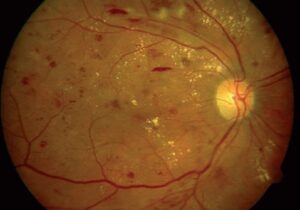
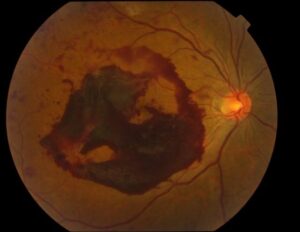
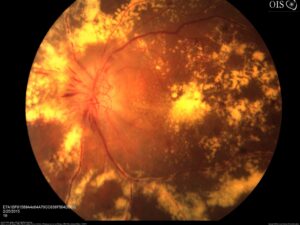
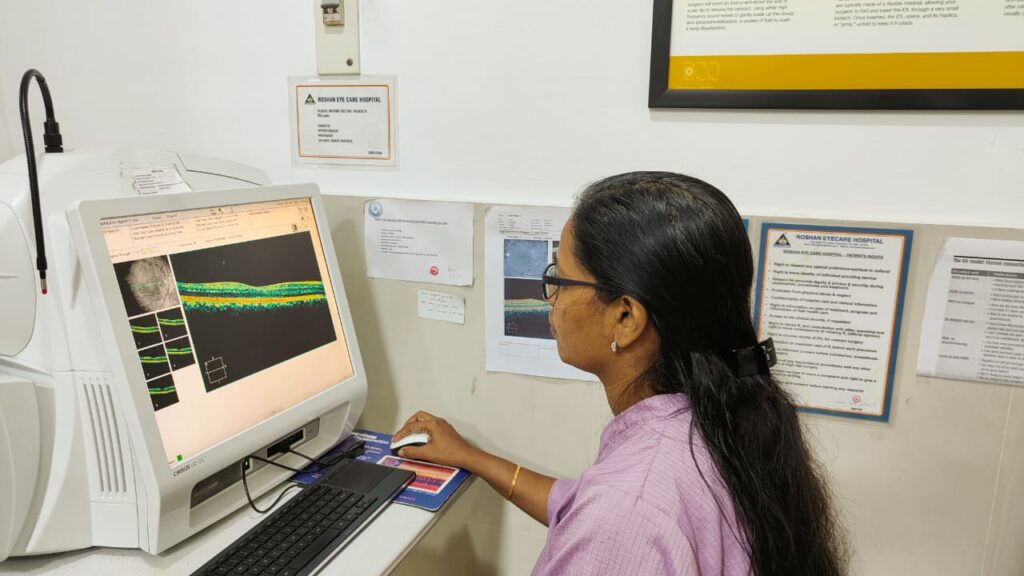
The dry form of ARMD develops and progress slowly over a period of 10 years or longer. The less prevalent, wet type of ARMD is characterized by the ingrowth of new blood vessels from the choroid. Wet ARMD progresses much more rapidly, over a period of weeks or months, and usually results in legal blindness in the central portion of the visual field.
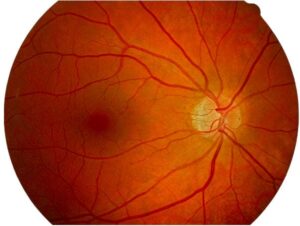
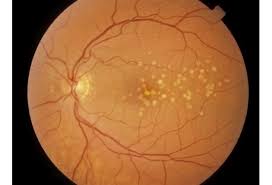
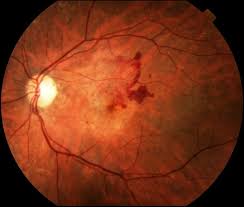
Clinical examination, coupled with fluorescein angiography, optical coherence tomography and in some cases, indocyanine green angiography are the tests used in finding out the type of ARMD, its prognosis and outcome.
While there is no cure for glaucoma, elevated IOP is currently the only treatable risk factor. It is important to treat aggressively with the most effective products such as prescription eye drops that can provide maximum reduction of the elevated IPO with long-term control. In some cases, surgery can also help.
It is important for patients to use medication as prescribed and maintain regular examinations with an ophthalmologist who can evaluate glaucoma progression and treatment options.
The strongest risk factors are:
Several studies now indicate that diets rich in green leafy vegetables, such as spinach, chard and mustard greens, can reduce the risk of ARMD. These and other vegetables are rich in certain pigments known as carotenoids.
Among these, lutein and zeaxanthin are two that are highly concentrated in the macula where they may have effects that protect RPE and/or retinal cells from injury caused by the formation of peroxides and other toxic products of the visual cycle.
Lutein and zeaxanthin are now widely available as dietary supplements; however, their efficacy when consumed in this form has not been well studied.
20 years back, laser photocoagulation was used for the first time to treat ARMD. For the last 5 years, newer treatments, which are more effective, are coming up. In some cases can slow the progression of the disease, but does not restore already lost vision. This is possible with Photodyanamic therapy. Injections like Lucentis, avastin and newer drugs inside the eye.
Call us
Call us
Call us
Get Direction
© 2024 Roshan Eye Care, All Rights Reserved.
Looking for a website? Let it be a company website or a portfolio one, we got you covered. Let’s talk about your requirements or something about that brewing web idea in your mind.